The world of Gothic is not only the world of sky-high windows of cathedrals.
These works date back to the 16th century, in a short period between 1500-1530, but the art itself is considered lost: it is not known how and with what tool these amazing worlds were created inside the wooden figures. In addition, they are so miniature and contain so many details that
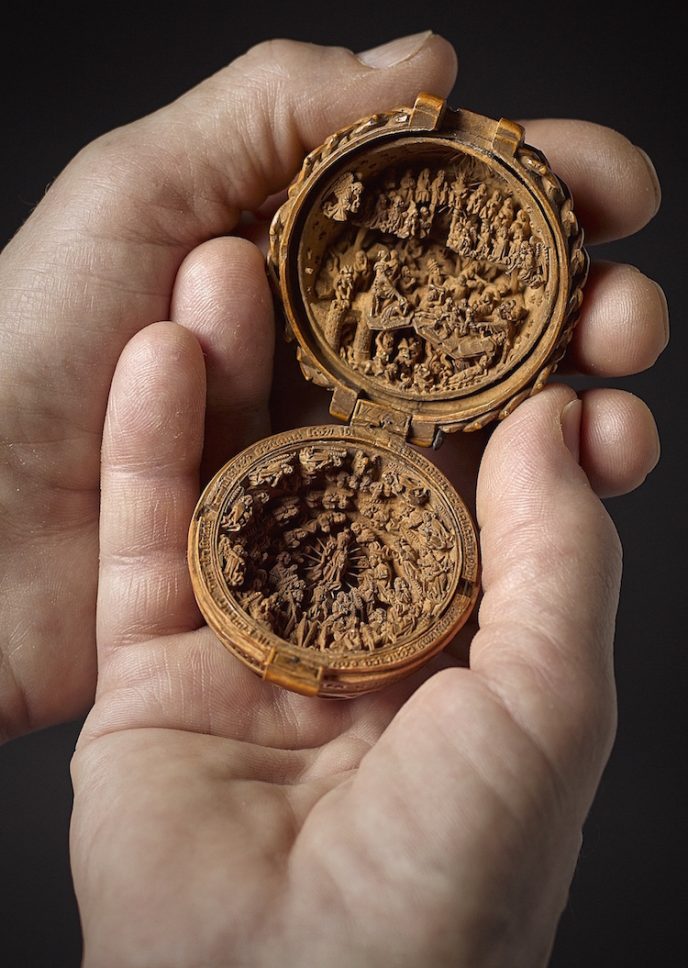
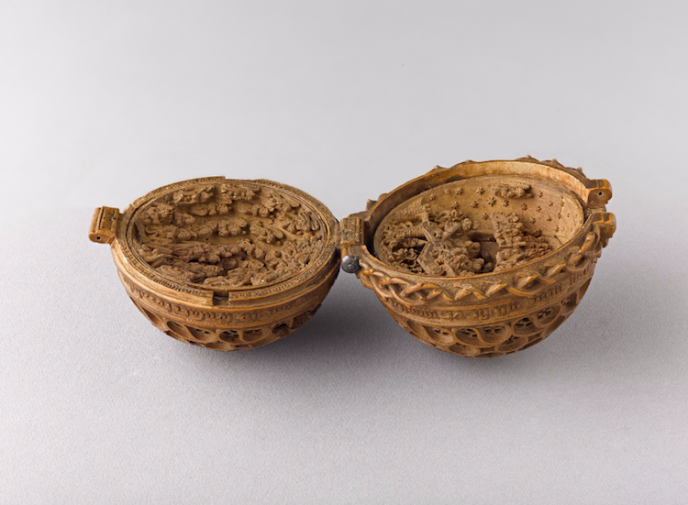
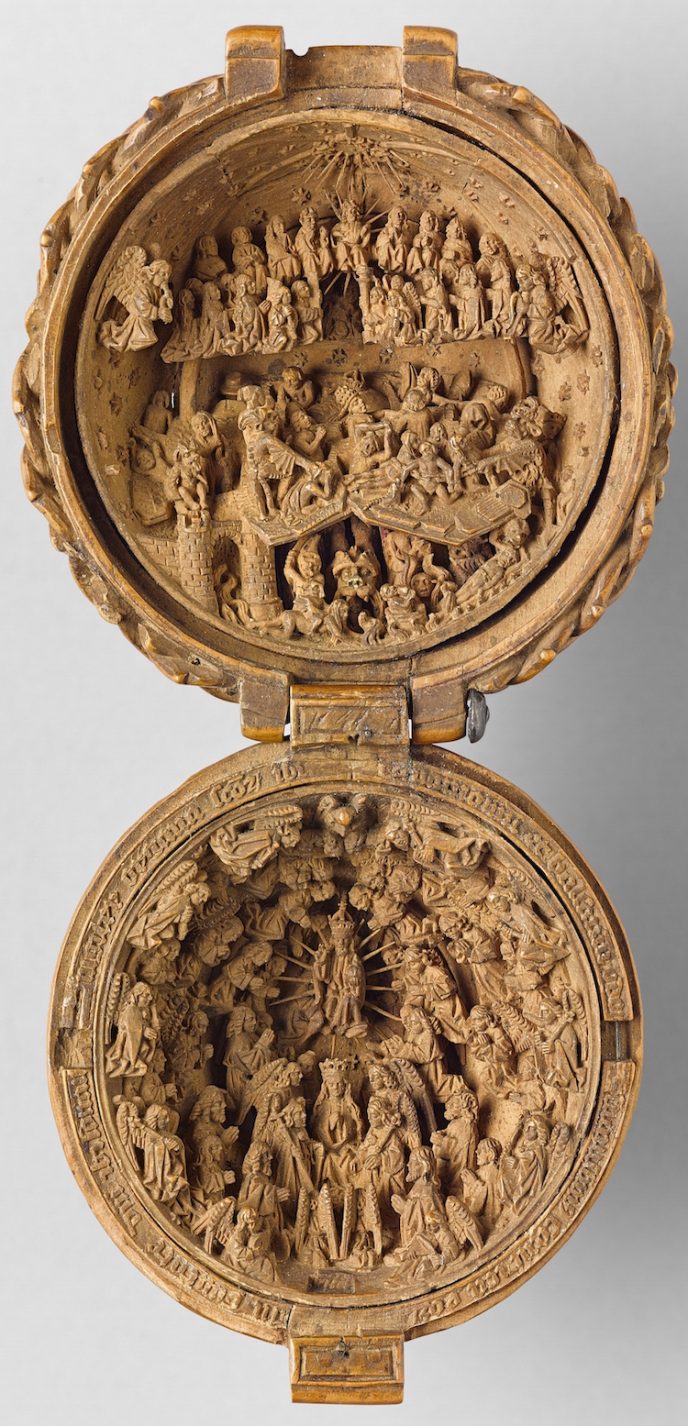
For a long time it was believed that craftsmen from the medieval county of Flanders first created a shape from boxwood (often just a circle), which was then divided into thin plates, worked with them, and only at the very end they were glued together in such a way that the parts made up a whole, and the seams disappeared inside the miniature. However, recent research has shown that the craftsmen worked with a single piece of wood.
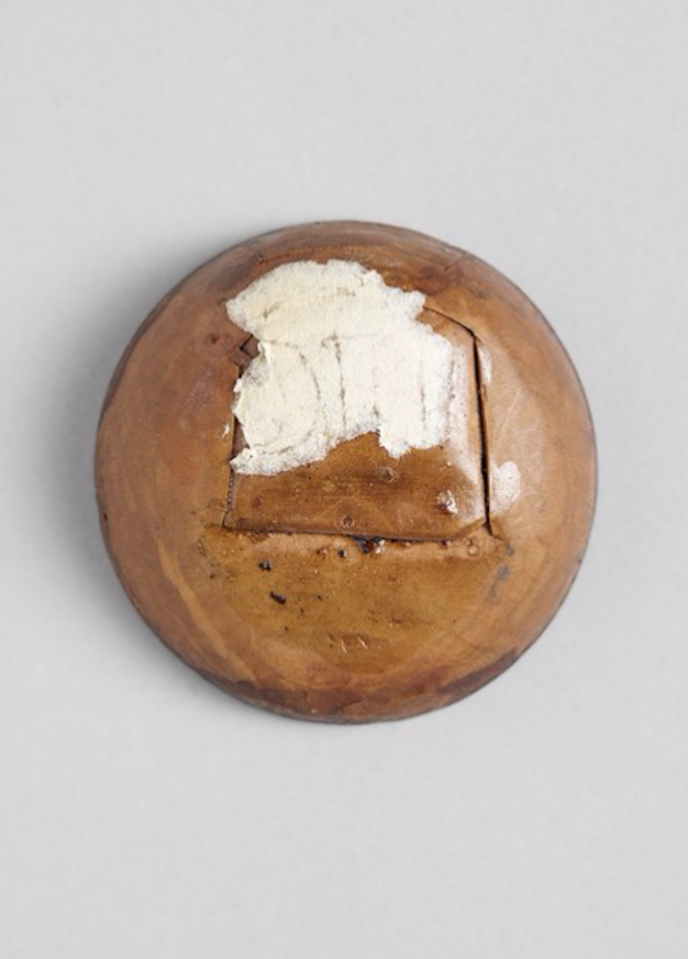
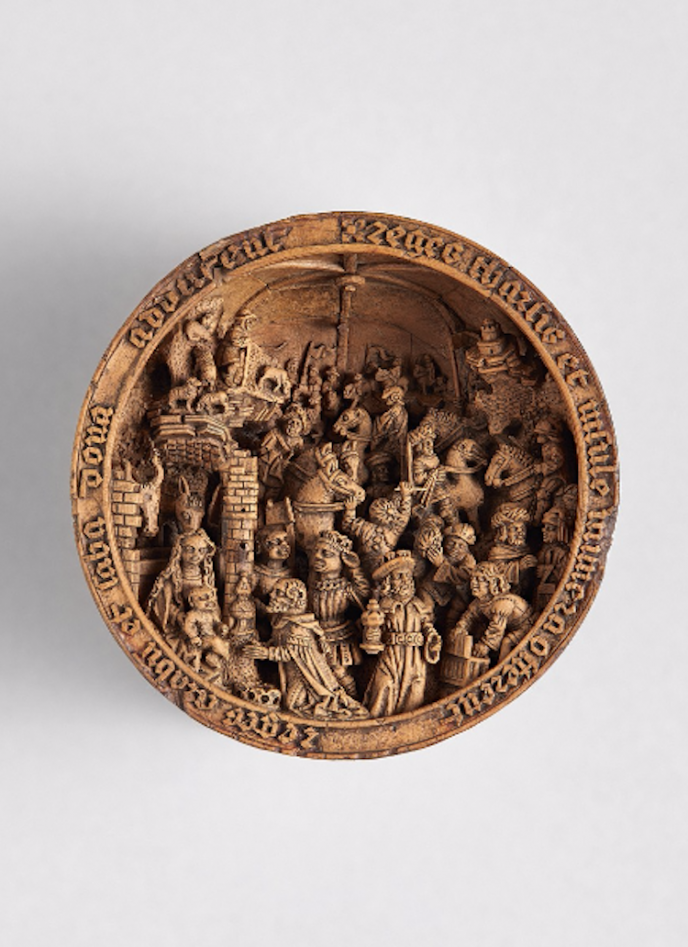
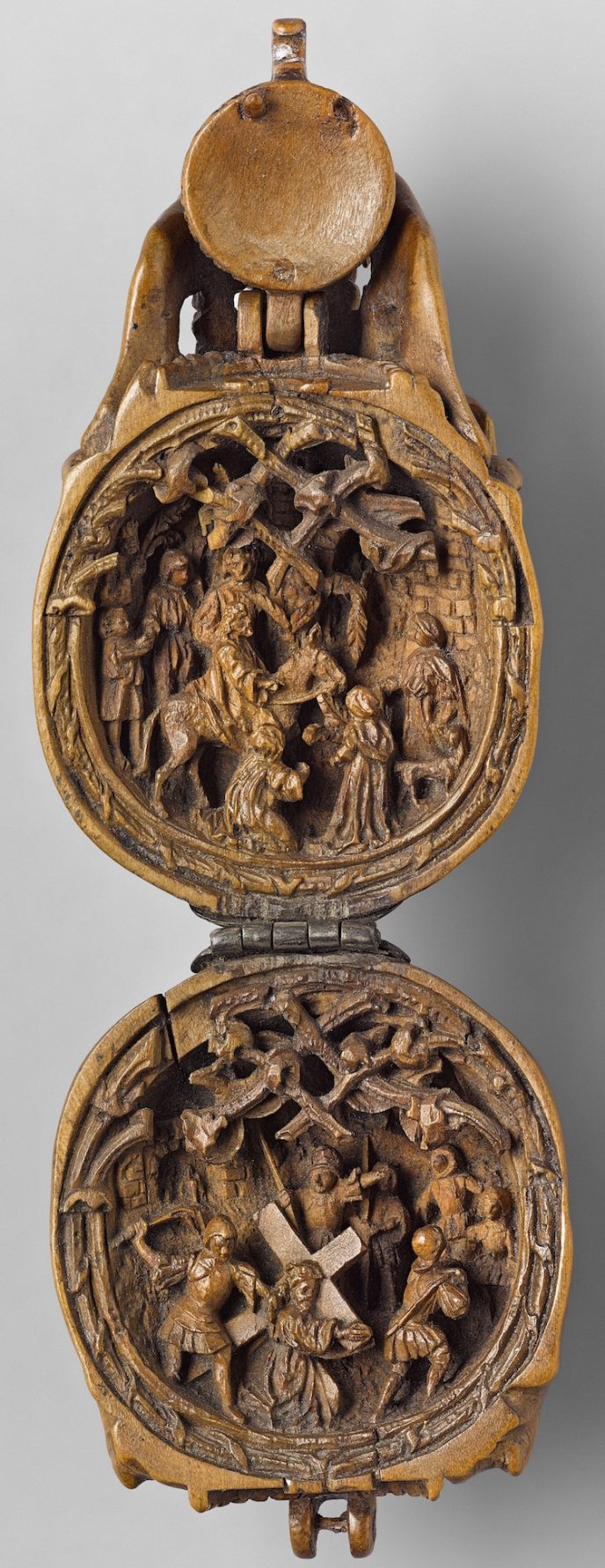

Photography by Craig Boyko
These miniatures cover the Old Testament and Testament (including Jesus in Jerusalem and the Adoration of the Magi); and even stories that exist outside the Bible (the Coronation of Our Lady, a description of which appeared only in the Middle Ages).
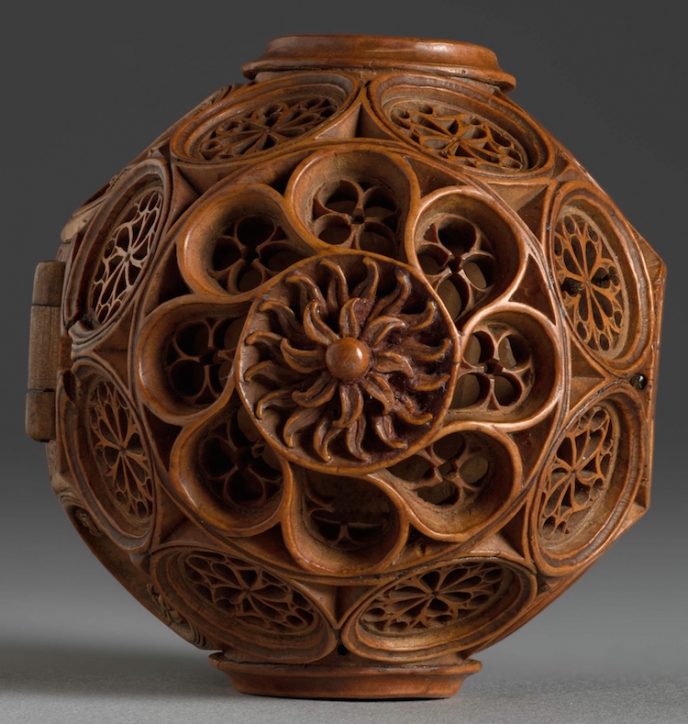
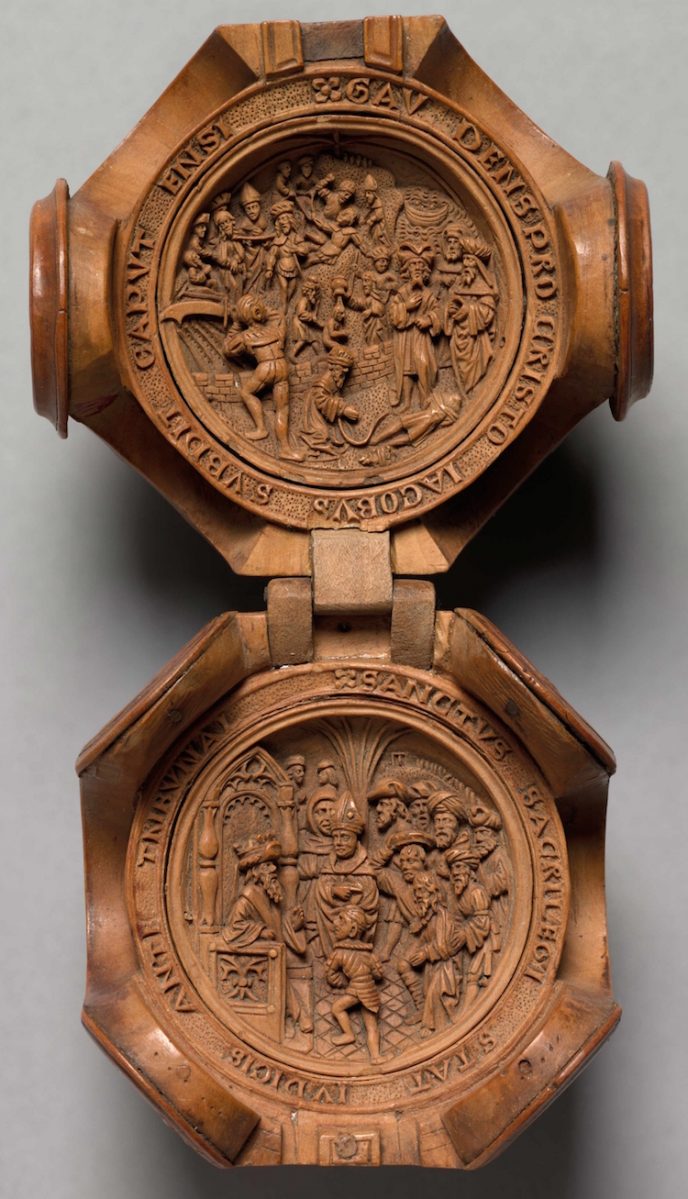
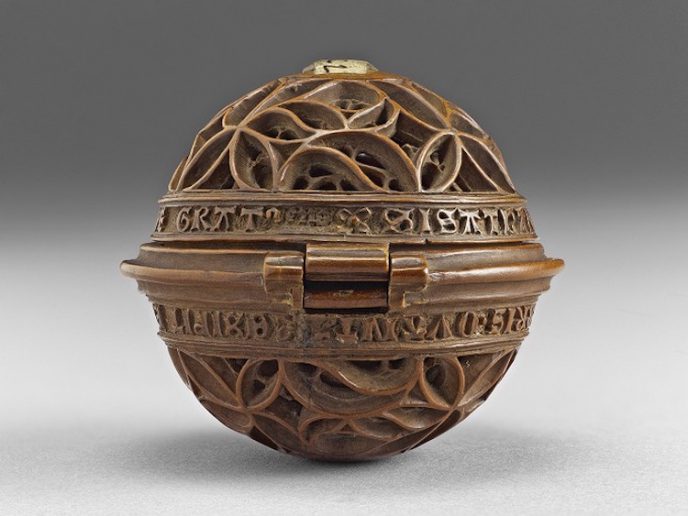
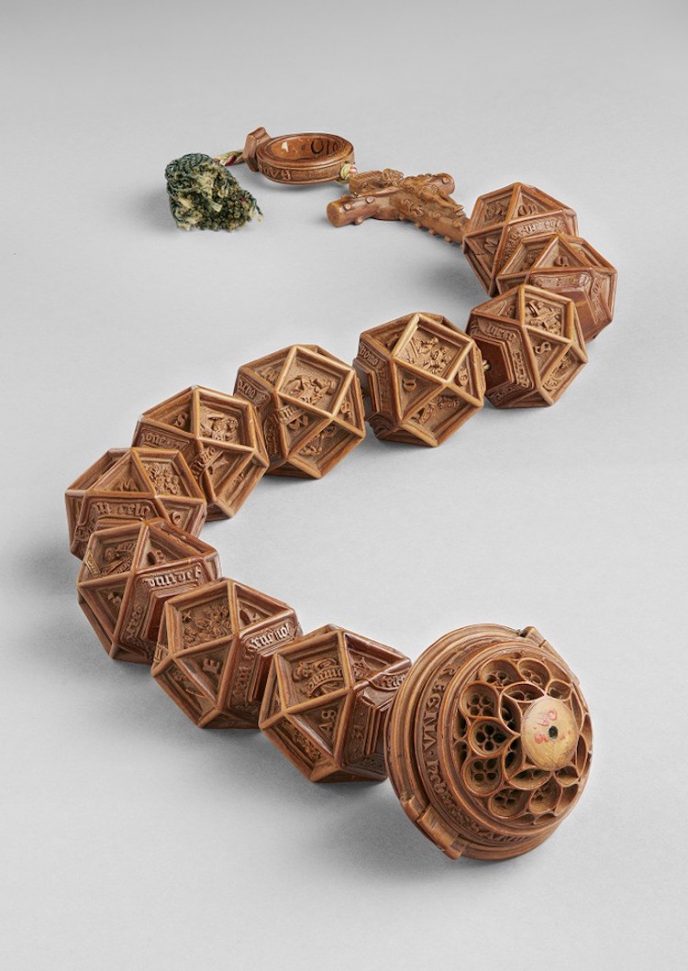
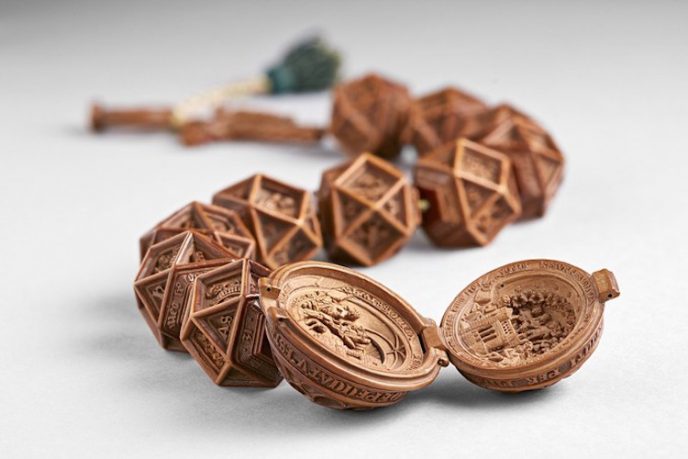
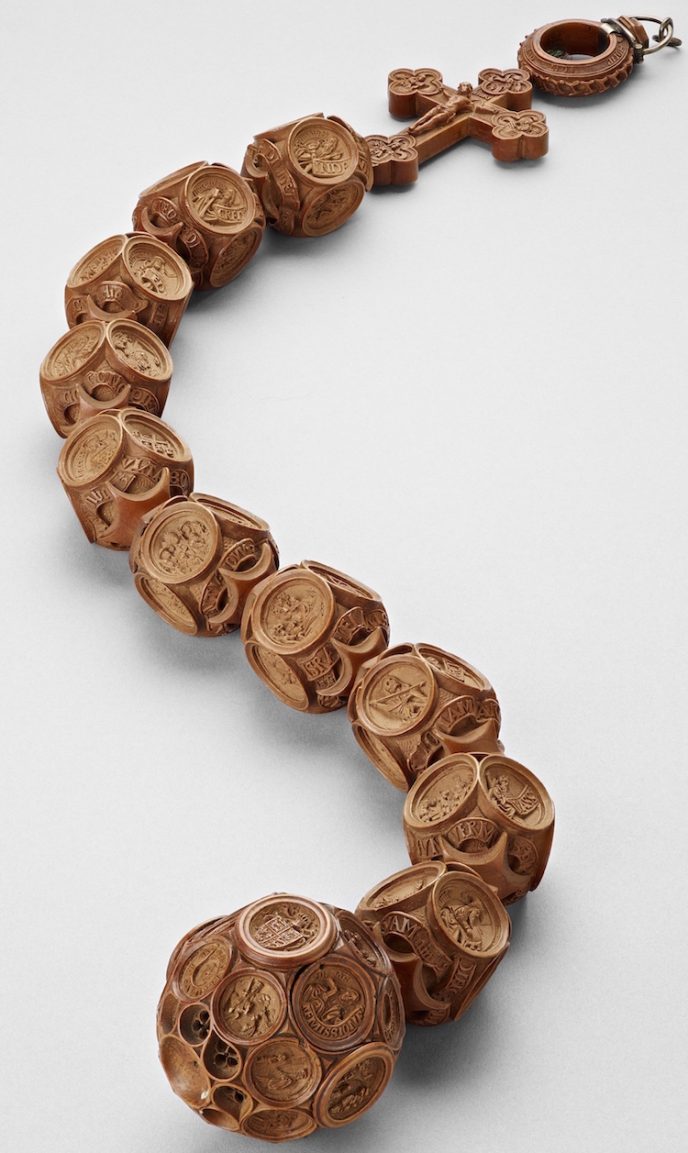
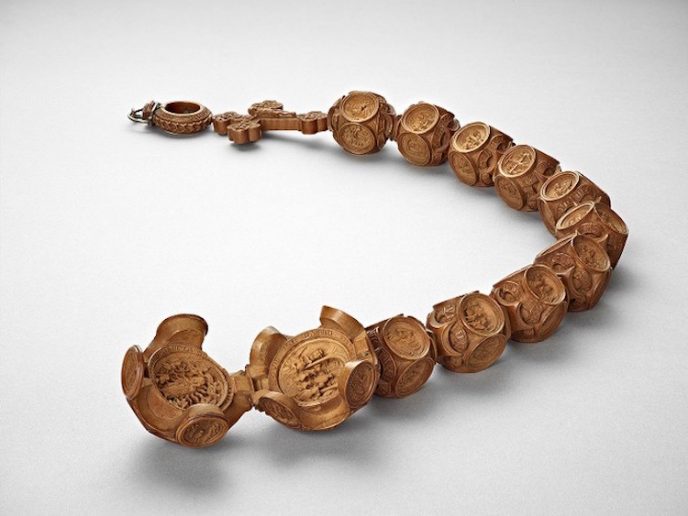
From rosaries and medallion rosaries to church altars, these tiny works of art have the ability to “double up”. On the surface, the miniatures may appear to be hard wooden balls or decorative figures, but in fact, if they are turned over or slightly pressed at the base, they will open and reveal an impressively complex religious relief in front of you.






